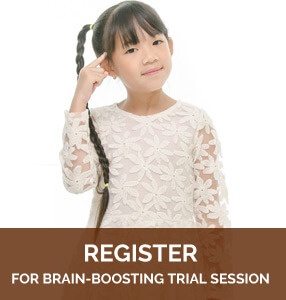
Ever heard of the term ‘working memory’?
Well basically it is information that our mind retains for a short period of time, such as solving a mental arithmetic sum without utilising pen, paper, calculator or your mobile phone.
Some other examples of using working memory:
- Following instructions or simple directions.
- Exit the building at Door G, turn left and walk straight until you pass a bus stop. Cross the road at that junction and head right until you see the tall red building.
- Remembering a number (telephone number, PIN number) whilst getting a pen and paper to write it down.
So here’s the question, what is its relevance to us and our children?
Well, some children have a stronger working memory while others may be weaker. In the case of children with a weaker working memory, they may be unable to retain information successfully and as a result, be unable to complete the assigned tasks at hand as effectively. They might need repetitive instructions as a result, and this will slow down the rate of their learning as compared to the other children.
Some characteristics displayed (p.10):
- Reserved in group activities in the classroom, rarely volunteering answers and sometimes not answering direct questions
- Behave as though they have not paid attention, for example forgetting part or all of instructions or messages, or not seeing tasks through to completion
- Frequently lose their place in complicated tasks that they may eventually abandon
- Forget the content of messages and instructions
- Make poor academic progress during the school years, particularly in the areas of reading and mathematics
- Are considered by their teachers to have short attention spans and also to be easily distracted.
Simply put, a child with poor working memory has difficulty retaining information for a processing task, and as result, it is challenging for them to do different activities concurrently as it overloads their working memory. As a result, they would very often forget the previous tasks, while trying to progress into the second task. However, very often, these children do know that they have forgotten something and may not know of how to request for the information again.
What can be done to enhance the learning of children with poor working memory?
- Monitor the child and recognise activity failures that are caused as a result of working memory failures.
- Acknowledge that the child is having an overload in working memeory.
- It is advisable to repeat the activity and reduce the working memory load.
- This can be done by breaking down the task into various parts and from there instruct accordingly.
- Often you might have to repeat the information as the child may forget.
- Encourage the child to ask for information if they do not remember.
Understanding the underlying reasons behind our child’s difficulty with certain tasks will help us to support them better.







